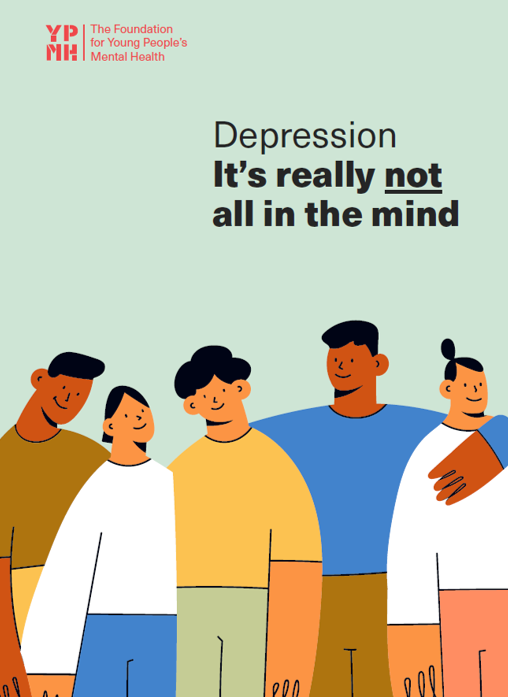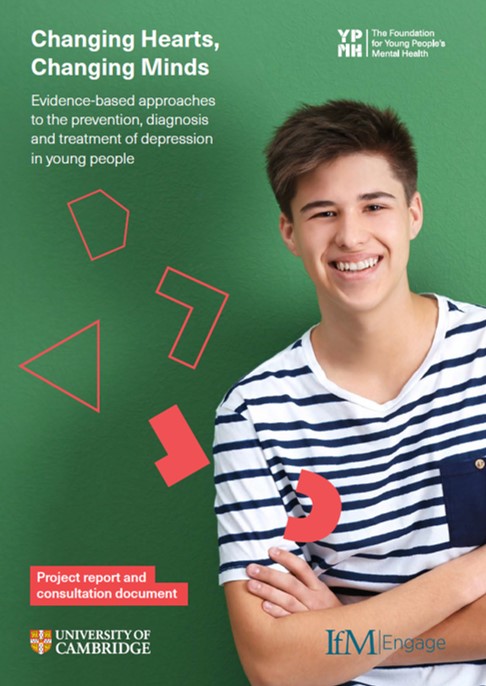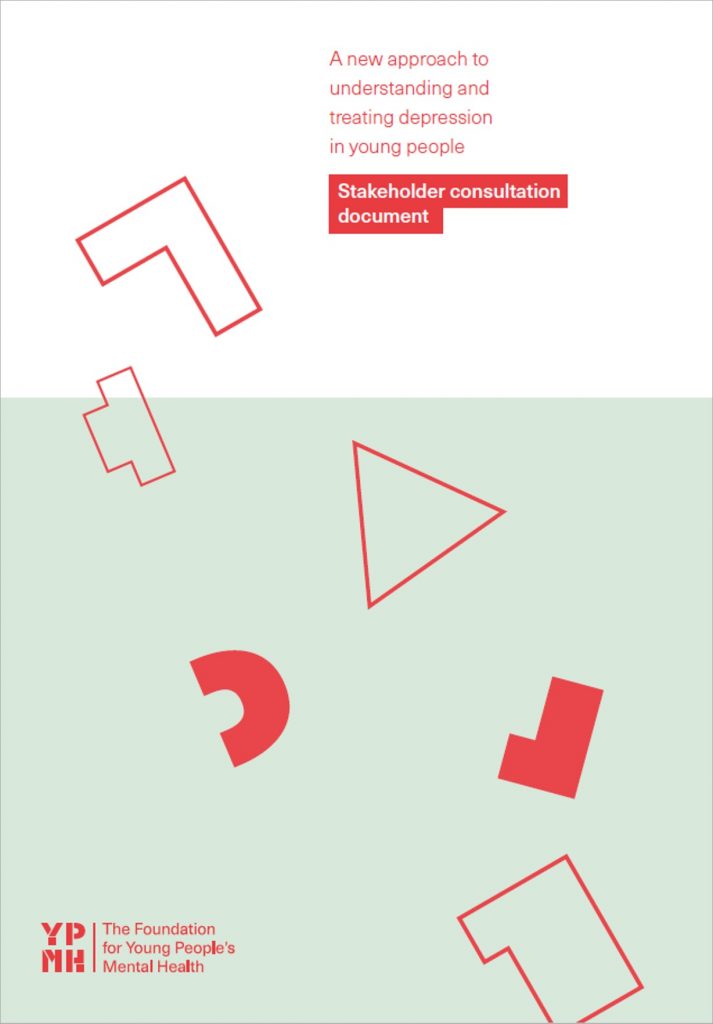Our Publications
Our Publications
YPMH has a range of publications setting out in more detail how we work with people across the ecosystem. Explore detailed insights on our innovative approaches and scientific advancements that enhance awareness, foster engagement, and drive real improvements in young people’s mental health.
All publications are available either digitally or in print by request.

Depression: It’s really not all in the mind – March 2024
Depression – It’s really not all in the mind brings together the research and innovation that YPMH has conducted since 2019. It is presented in a form that we hope will be helpful to young adults, parents and non-medical people across organisations such as educational institutions, employers and charities that work with young people.

Changing Minds, Changing Lives – April 2023
Building on work conducted by YPMH and its collaborators since 2019, Changing Minds, Changing Lives outlines innovative, evidence-based approaches to help prevent the development of first-episode depression in children and young people, support their recovery from depression, and enable them to remain in remission. Additionally, it focuses on building communities that are resilient to depression.

Changing Hearts, Changing Minds – September 2021
Changing Hearts, Changing Minds is a publication from YPMH that is the result of a 2-year collaborative project with the University of Cambridge Institute for Manufacturing (IfM) and its knowledge transfer company IfM Engage.
The project used engineering analysis methods to ‘join up’ different areas of research regarding depression. Innovation methods researched by the IfM’s Centre for Technology Management and deployed as workshops by IfM Engage practitioners were then used to generate and evaluate ideas for early intervention.

Changing Minds – September 2020
Changing Minds sets out YPMH’s aims to address four key goals: explaining the urgent need for a new approach to understanding and treating depression in young people; outlining known psychological, biological, and social causes of depression to spark discussion and identify innovative opportunities to prevent and reduce the condition; demonstrating how innovation management techniques from the University of Cambridge can help shape a new approach for prevention, early detection and treatment; and engaging the entire community of researchers, clinicians, policymakers, funders, healthcare managers, companies, patients, and families in this mission.
